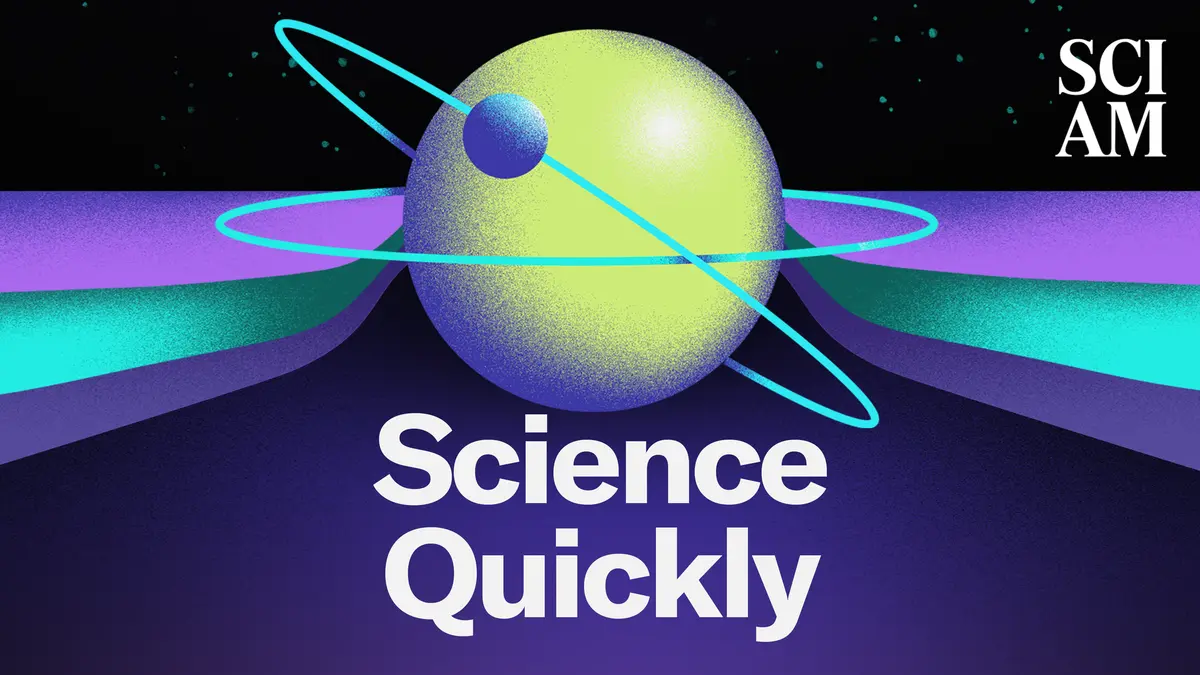- www.scientificamerican.com Fossil Footprints Suggest Two Early Human Species Crossed Paths within Hours
Two sets of fossilized footprints from early human species were made within a few hours of each other about 1.5 million years ago, researchers suggest
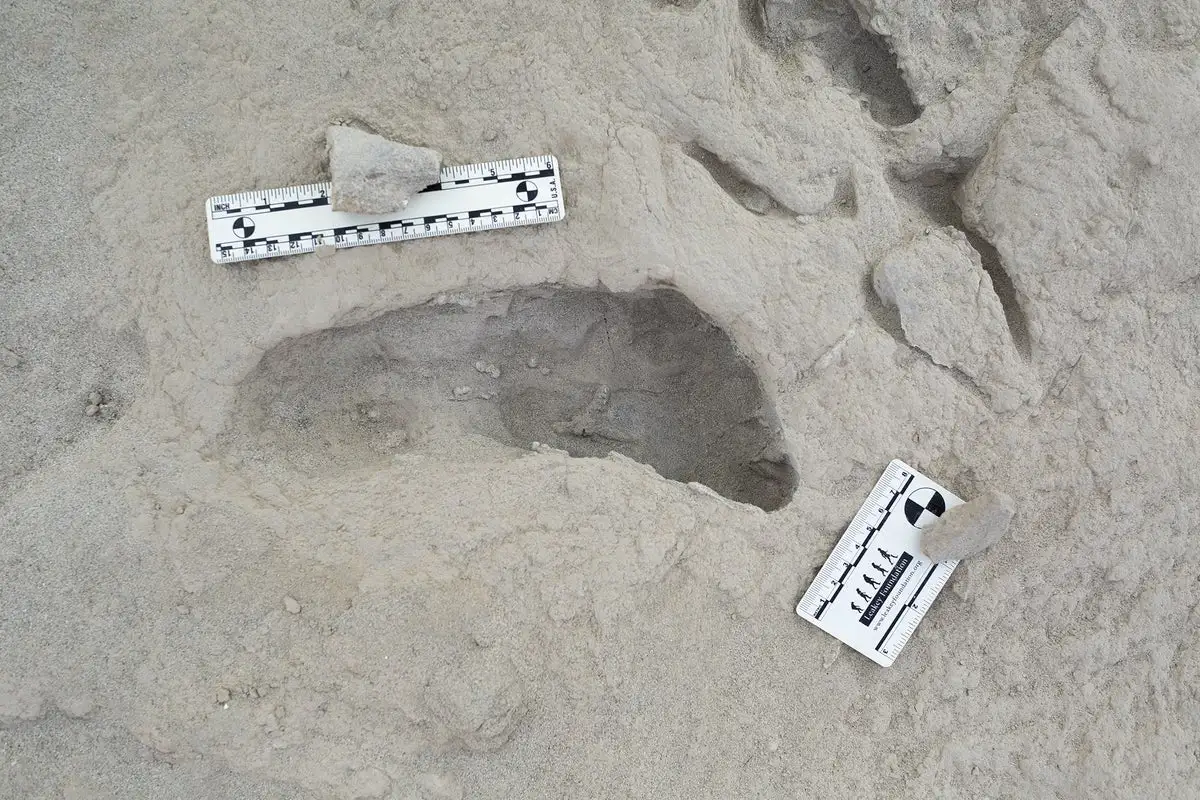
- www.scientificamerican.com Your Friends Shape Your Microbiome—and So Do Their Friends
Analysis of nearly 2,000 people living in remote villages in Honduras reveals who’s spreading gut microorganisms to whom

- www.scientificamerican.com Choosing Empathy Is Critical to Democracy
If we lose sight of why empathy matters, both individual dignity and democracy suffer

- www.scientificamerican.com Walking Pneumonia is Surging in Young Kids. Here's What to Know
Milder cases of pneumonia, dubbed “walking pneumonia,” are on the rise in young children this year

- www.scientificamerican.com What Makes the Eastern U.S. Drought Different from the West’s
Drought is more synonymous with the western U.S., but the eastern part of the country can descend into such conditions surprisingly quickly

-
Expressions of Pain May Have a Common Origin
www.scientificamerican.com Ouch! Linguists Find Universal Language for PainFrom “ouch” to “aïe” to “yakayi,” languages across the world exclaim pain using similar-sounding words, hinting at a common origin
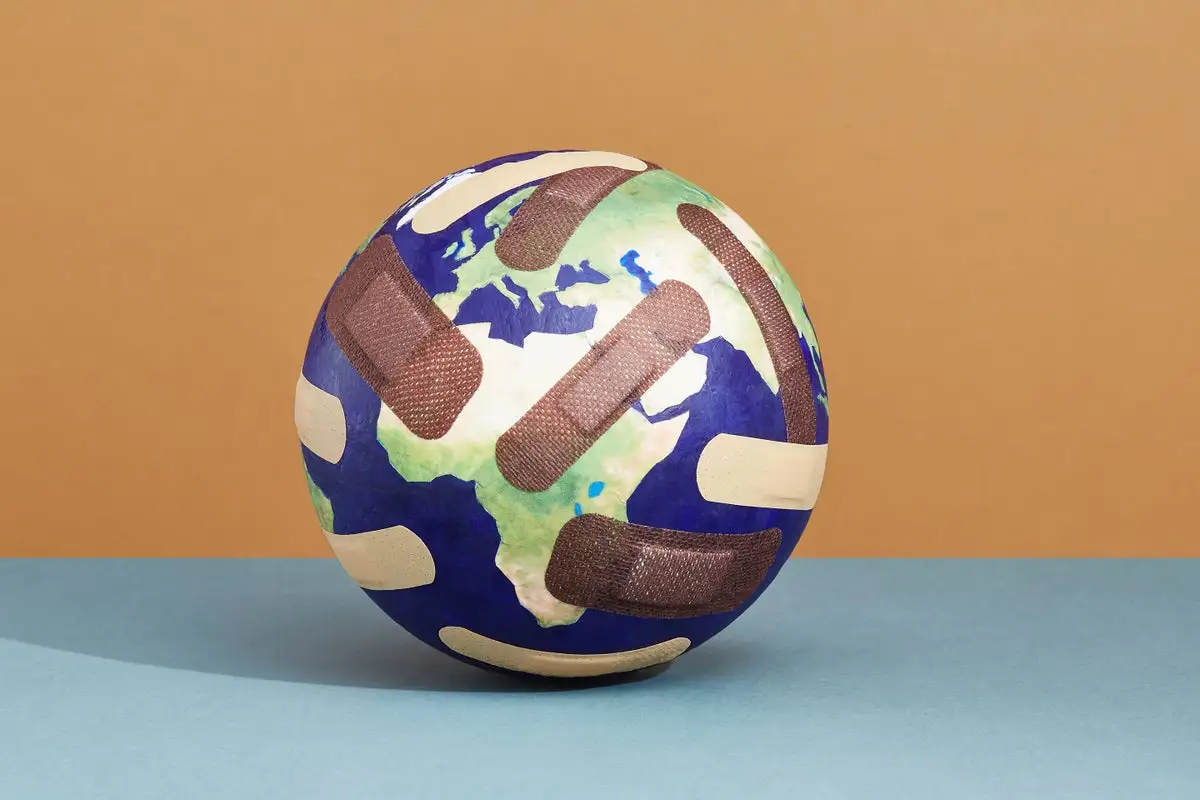
- www.scientificamerican.com Science for True Well-Being
The latest research is an antidote to toxic quackery and honest confusion about health

- www.scientificamerican.com Why We Probably Won’t Find Aliens Anytime Soon
Odds are that we’re not truly alone in the cosmos. But practically speaking, we might as well be

- www.scientificamerican.com A Science Breakthrough Too Good to Be True? It Probably Isn’t
The more exciting, transformative, and revolutionary a science result appears, especially coming out of nowhere, the more likely it is to be dead wrong. So, approach science headlines with a healthy amount of skepticism and patience

-
Fluoride in Drinking Water Is Safe. Here’s the Evidence
www.scientificamerican.com What the Evidence Says About Fluoride in Drinking WaterRFK, Jr., and other potential and current government officials have spread shaky health claims about fluoridated water. Scientists explain the evidence behind its safety and benefits

-
A Psychologist’s Tips for Avoiding Overconsumption this Black Friday
www.scientificamerican.com Shop Sustainably This Holiday Season with the Help of Consumer PsychologyHoliday deals are designed to be irresistible. A consumer psychologist explains how to avoid overconsumption and shop sustainably.

- www.scientificamerican.com Fast Fashion Affects Climate, Exploits Workers and Creates Enormous Textile Waste
Fast fashion may seem cheap, but it’s taking a costly toll on the planet—and on millions of young people

- www.scientificamerican.com Wildfire Smoke Linked to Increased Risk of Dementia
The particles that make up wildfire smoke may raise the risk of dementia even more than similar airborne pollutants from other sources
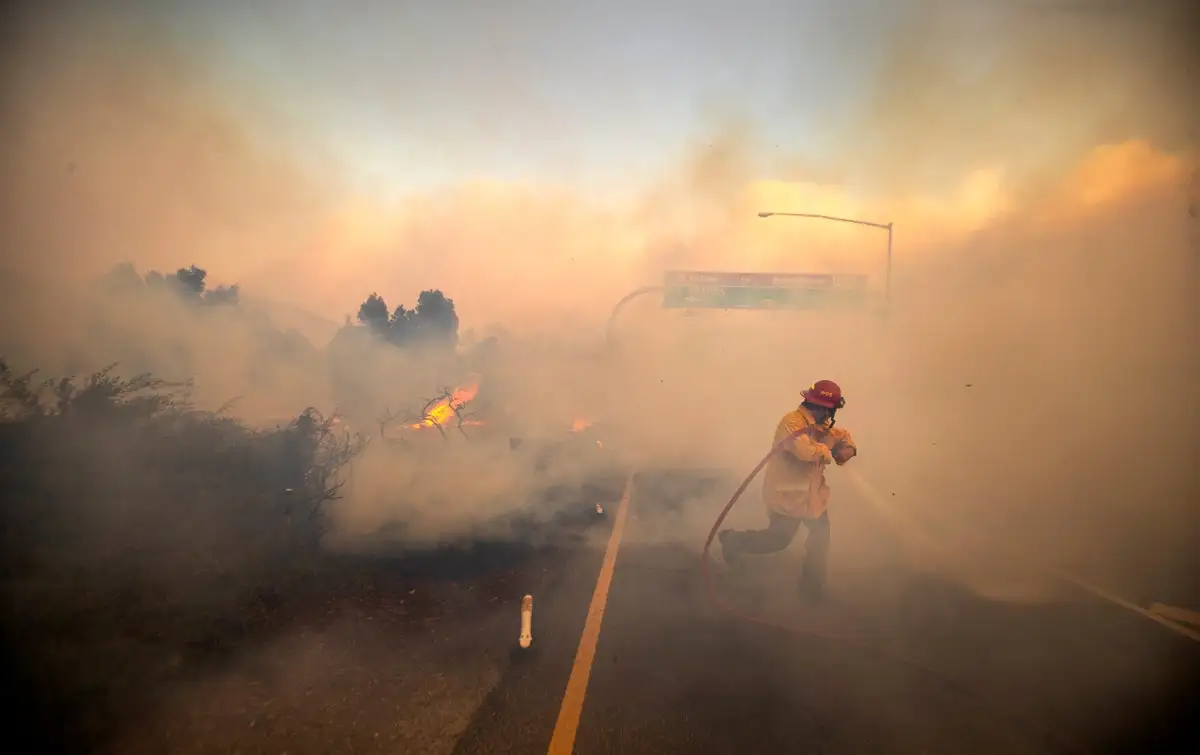
- www.scientificamerican.com How the Return of Salmon to the Klamath River Shows Us What’s Possible in Wildlife Conservation
Once a tragic example of degraded wildlife habitat, the Klamath River’s dam removal demonstrates how people can halt the decline of, and even restore, wildlife
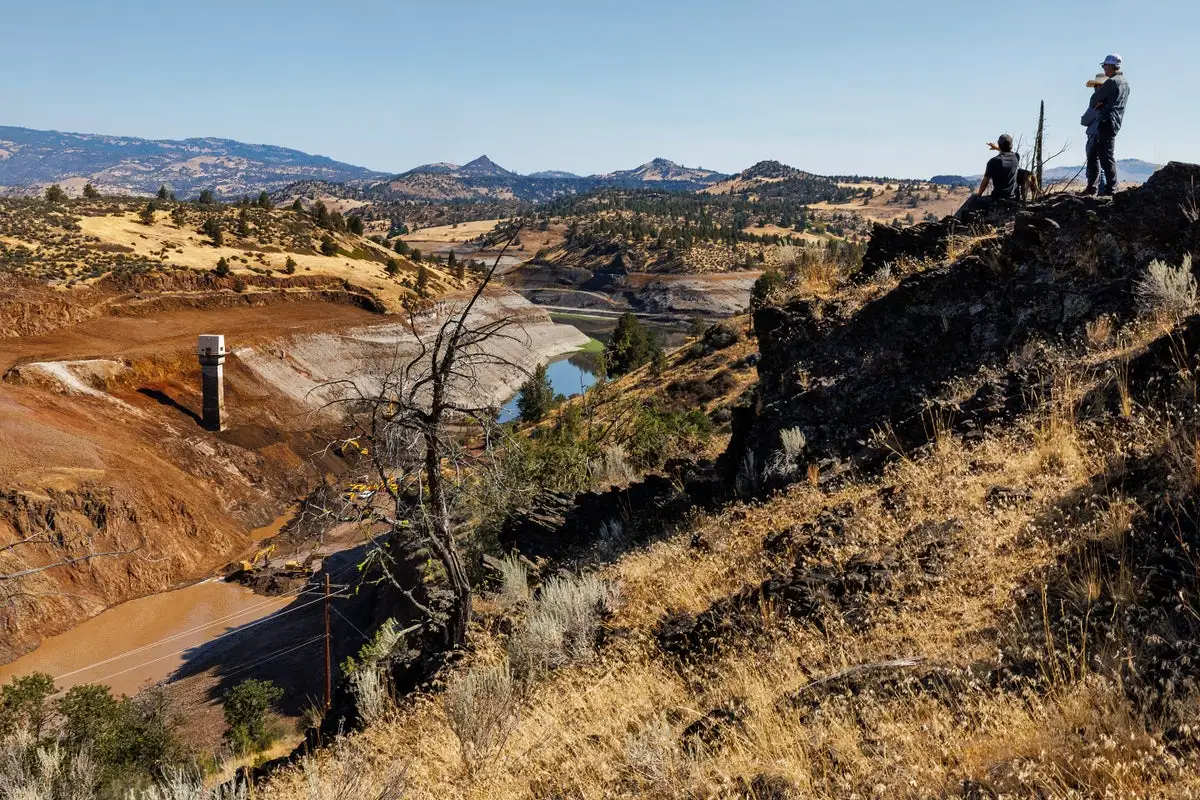
-
How Magnet Fishers Catch Underwater Garbage, Guns and Sometimes Treasure
www.scientificamerican.com Searching for Underwater Treasure with Magnet FishersWith the help of a powerful rare-earth alloy, magnet fishers pull garbage out of polluted waterways

- www.scientificamerican.com Dr. Oz Invested in Businesses Regulated by Agency Trump Wants Him To Lead
Celebrity doctor Mehmet Oz recently held broad investments in health care, tech, and food companies

-
How Humor Can Help You Get through Hard Times
www.scientificamerican.com How Humor Keeps You Going When Life Gets HardWhen life feels difficult, humor can be a coping mechanism that relieves stress and offers the breathing room to keep going, scientists say

- www.scientificamerican.com When a Nation Embraces a False Reality
A renowned psychiatrist and activist compares Trump’s election to other pivotal historical moments in which the ultimate victim was truth itself
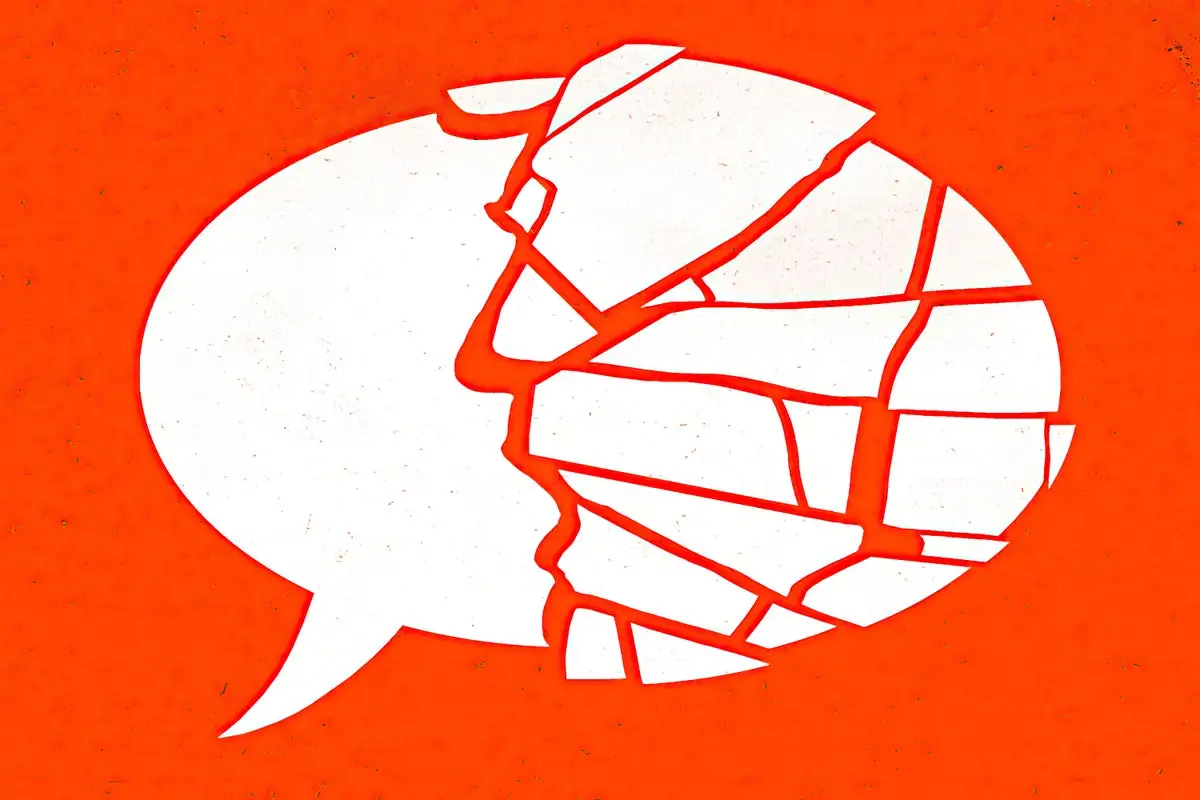
- www.scientificamerican.com Confronting the Dangers of Silent Spread Is Necessary to Prevent Future Pandemics
We need targeted public health interventions to reduce transmission from asymptomatically infected individuals. Like COVID, silently spreading pathogens can lead to far more infections and fatalities
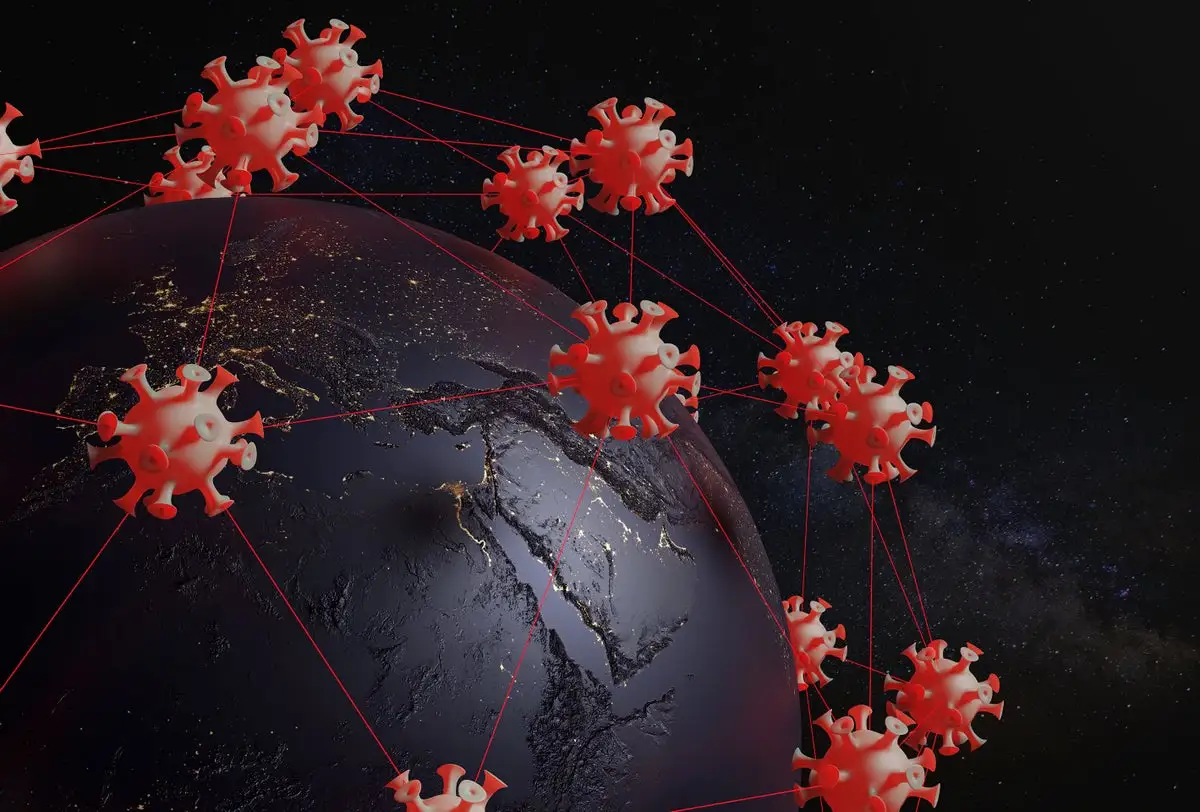
-
RFK, Jr., Could Run the Agency That Oversees the CDC, FDA and NIH. Here’s What That Means for Public Health
www.scientificamerican.com RFK, Jr., Could Dramatically Change the U.S.’s Public Health AgenciesRFK, Jr., could restructure the CDC, FDA and NIH in pursuit of his flawed vision of public health. Plus, we discuss chimpanzees at play and the first-ever close-up image of a star.
